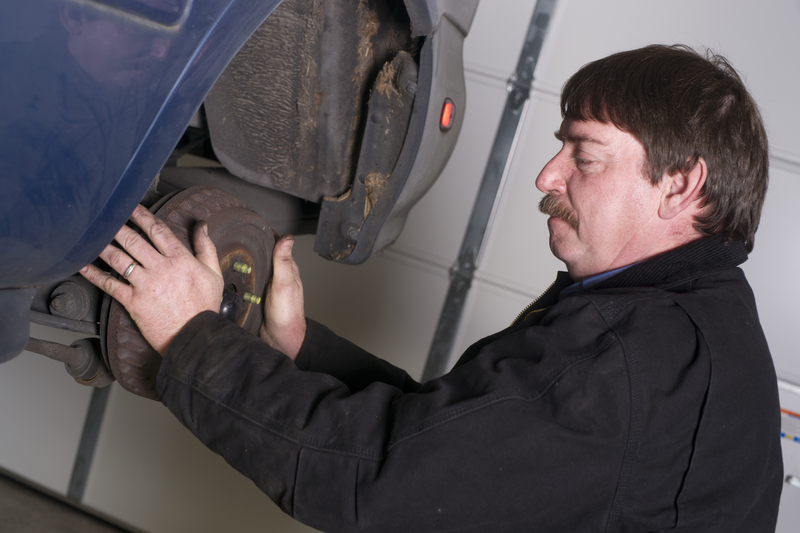Automotive technicians have a standard of care and they owe that to their customers. Failure to uphold this standard that results in a crash could mean the technician could be held liable for any injuries, property damage, and other losses caused by their negligence. There are several mechanical failures that commonly result in car crashes. Many of these happen as a result of a technician’s negligence including improper diagnosis, repairs never performed (fraudulent repair), installing faulty parts, or performing unsafe repairs.
Common mechanical failures include:
Brake malfunctions may include more than just a loss of braking power.
Worn brake pads and discs: Failure to repair and replace worn brake pads and discs can decrease braking performance, causing the vehicle to take longer to stop completely.
Faulty or worn brake lines: Brake lines in need of repair can leak brake fluid, significantly affecting a driver’s brake ability.
Malfunctioning anti-lock braking systems (ABS): ABS systems are designed to prevent skidding caused by the brakes locking up. When it fails, a vehicle can skid and cause a driver to lose control.
Tire malfunctions caused by a mechanic often occur due to the following:
Improper tire repair or wall punctures
Failing to replace or properly torque the Lug Nuts after removing and replacing one of the vehicles wheels
Tire design flaws (there may be manufacturer liability as well)
Inadequate tire suitability to the vehicle
Poor retread post-purchase
Tire damage during the mounting process
Manufacturing defects prior to purchase
Any of these negligent errors or defects can lead to a crash—for example, if an improper tire repair causes a blowout, a driver can unexpectedly lose control.
Issues with steering, suspension, transmission, and other engine-related problems can also lead to crashes. For instance, if the transmission goes out or the engine suddenly loses power, then the vehicle will not move. Holding an automotive technician responsible for negligence resulting in a car cash requires proof.
Duty of Care: The defendant (at-fault party) owed the plaintiff (victim) a duty of care and failed to perform work in a manner that another reasonable technician would do in a similar situation. Proving a duty of care may require a bill or receipt showing you went to the technician for repairs.
Breach of Duty: The defendant fell below the standard of care and failed to act in a similar manner another reasonable technician would act in a similar situation. An example might be a failure to diagnose and fix an issue with the engine that another technician with the same or similar training and background could have reasonably been expected to have diagnosed.
Causation: The defendant’s actions directly led to the plaintiff’s harm. In other words, it’s unlikely an injury would have happened were it not for the defendant’s behavior.
Damages: You the plaintiff suffered damages as a result of the defendant’s negligence. You must have suffered losses for which you require reimbursement for you to have a claim. For instance, medical bills, lost income, pain and suffering, etc.
We represent people who are injured because of the careless and reckless acts of others. At the end of the day your case can only be settled one time and you need to know all of the facts beforehand. The reason that insurance companies have paid our clients in excess of $130,000,000.00 is that we get the facts and are not intimidated at the prospect of going to trial when insurance companies fail to offer full compensation. We help with serious injuries that require serious representation. We are the Law Offices of Guenard & Bozarth, LLP. Our attorneys have more than 60 years of experience specializing in only representing injured people. Call GB Legal 24/7/365 at 888-809-1075 or visit www.gblegal.com We would be honored to represent you!


